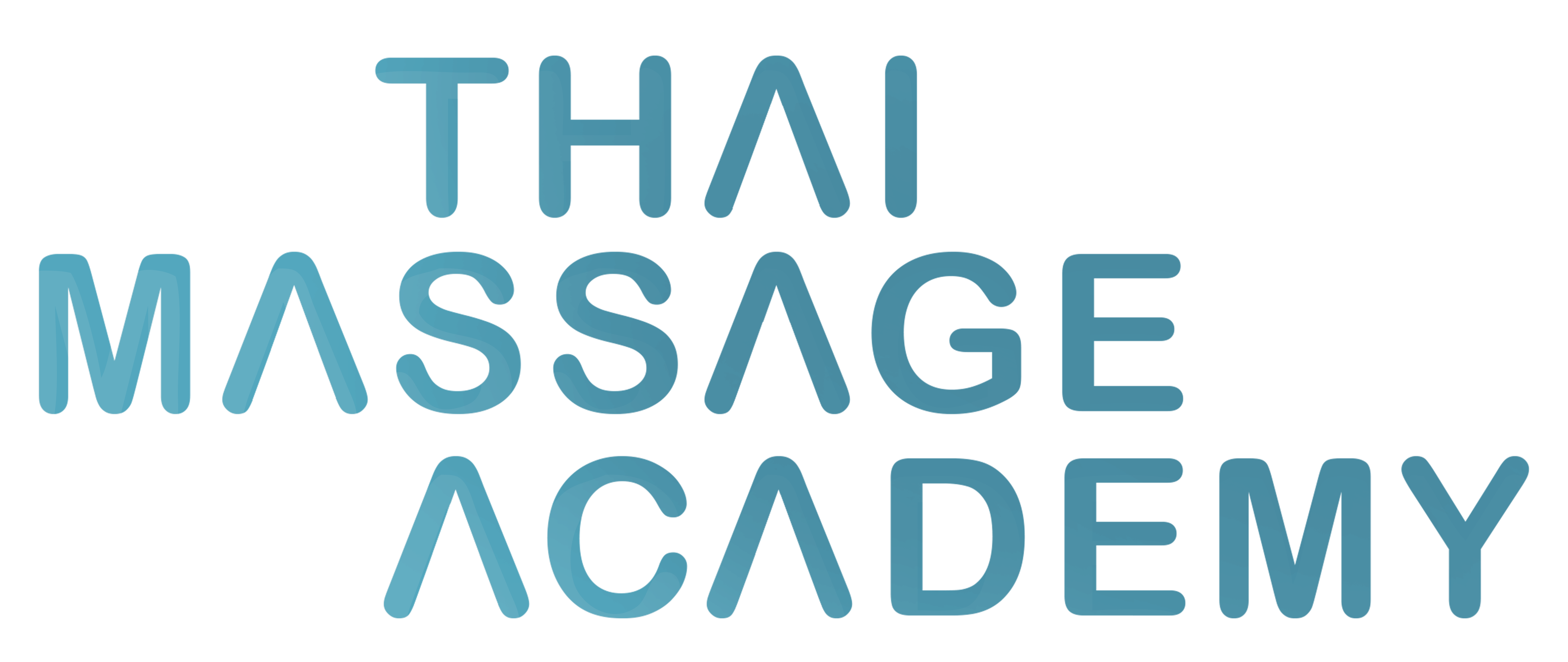THE 4 PRINCIPLES OR TENENTS | BY PHILIPPE DRUELLE
The study of osteopathy and its practise are based on these four concepts. Therefore, it is
important that the osteopathic student understand each of these concepts. For students
to learn osteopathy, they must be able to re-learn their anatomy and physiology, as
expressed by these concepts.
I. THE STRUCTURE GOVERNS THE FUNCTION
Structure refers to all that is part of the organism’s framework, which includes bone, joint,
connective tissue, viscera, arterial and venous tissue, the cranial lobes , etc. This concept
states that “there is a basic interdependence of structure and function.”(Frymann, D.O.)
Ex.: Muscle spasm will prevent normal venous drainage, thereby eventually decreasing
II. THE ROLE OF THE ARTERY IS ABSOLUTE
A healthy body requires a normal circulation of blood flow. Any form of obstruction,
compression or stasis of the circulation eventually will lead to tissue damage. This concept
applies to the flow of all body fluids, including venous drainage, lymphatic, circulation of
Cerebrospinal Fluid (CFS), as well as nerve conduction.
Viola Frymann quotes Still:
“The artery and its nerves must deliver constantly on time and in
sufficient quantity; the venous system and its nerves must perform
their function and allow no accumulation. These two demands
are absolute.”
III. THE FUNCTIONAL UNIT
The body united by its fascial system is a whole functional unit. Therefore, any part of the
functional unit which is perturbed will ultimately affect other parts of the body. The
presenting symptom of a patient may be the final expression of a series of restrictions or
compressions within the fascial system of the body.
IV. THE AUTOREGULATION SYSTEM
The body properly nourished, has a natural store of substances to fight disease, repair
and maintain normal health. The osteopath’s role is to restore mobility between systems
such that the patients’ inherent ability to heal themselves is maximized.
“Find it, fix it, leave it alone.
Nature will do the rest”
A.T.Still



